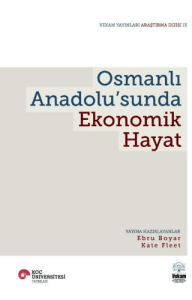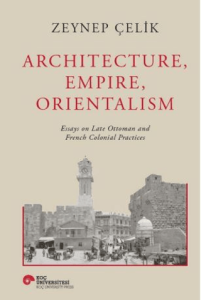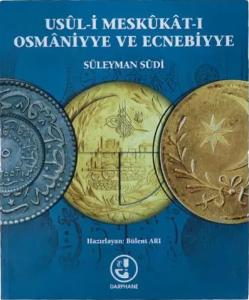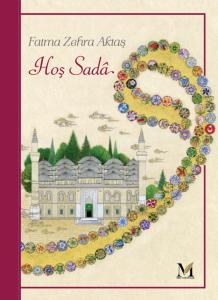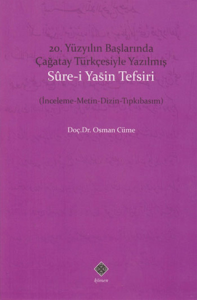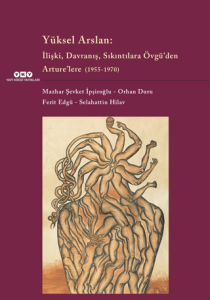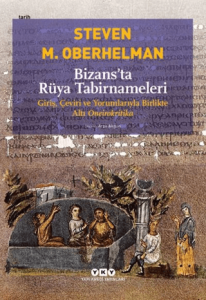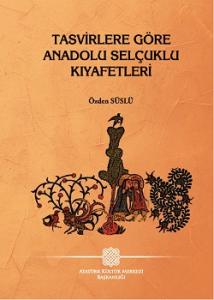
Greek associational activities in the Ottoman Empire have been seen as agents of the spread of Greek identity among the Greek-Orthodox populations of the Empire. This is no doubt, true. But for the Ottoman bureaucrats, their relationship to these activities signified something more than a confrontation with the spread of a national identity. Throughout the years, Ottoman officials tried to manipulate and direct these activities in a way to support Ottoman legitimacy. In this study, Ottoman documents concerning Greek associations are presented in a way to link them with general developments among the Greek-speaking populations of the empire and with the perception of the Ottoman bureaucracy concerning an Ottoman identity. By focusing on the Ottoman bureaucrats' perceptions and plans in these two fields, this study plans to contribute to the challenging of the standard historiography concerning Greek associations, which deals with the issue in seclusion without paying attention to Ottoman governments' plans and desires.
Greek associational activities in the Ottoman Empire have been seen as agents of the spread of Greek identity among the Greek-Orthodox populations of the Empire. This is no doubt, true. But for the Ottoman bureaucrats, their relationship to these activities signified something more than a confrontation with the spread of a national identity. Throughout the years, Ottoman officials tried to manipulate and direct these activities in a way to support Ottoman legitimacy. In this study, Ottoman documents concerning Greek associations are presented in a way to link them with general developments among the Greek-speaking populations of the empire and with the perception of the Ottoman bureaucracy concerning an Ottoman identity. By focusing on the Ottoman bureaucrats' perceptions and plans in these two fields, this study plans to contribute to the challenging of the standard historiography concerning Greek associations, which deals with the issue in seclusion without paying attention to Ottoman governments' plans and desires.


